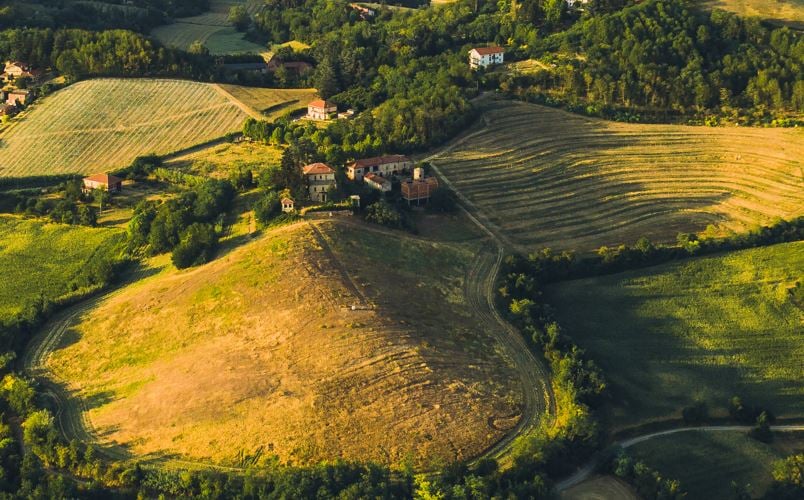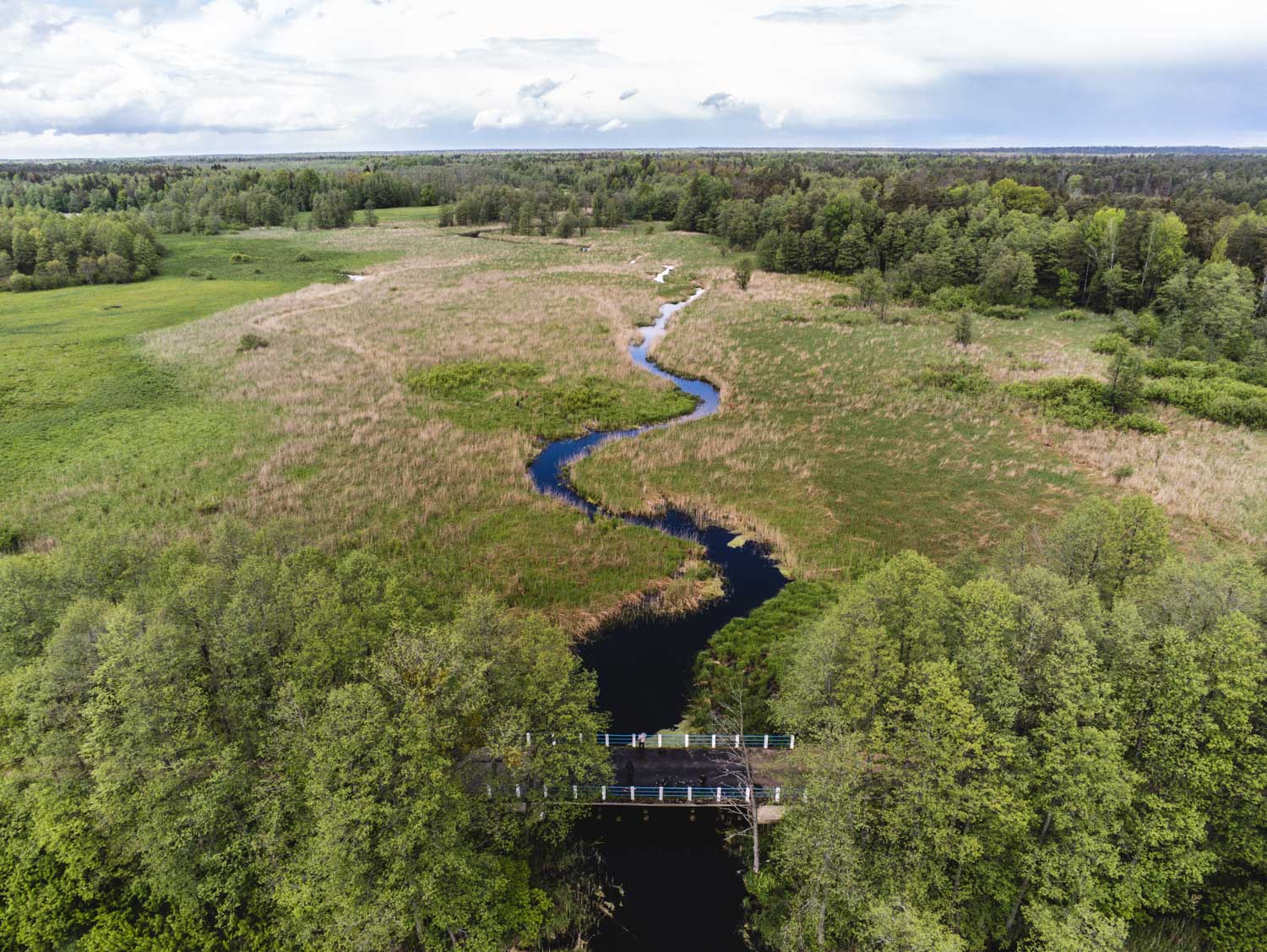Fondazione Capellino is a non-profit commercial entity dedicated to safeguarding the biosphere, with a particular focus on biodiversity.
The Foundation is financed through work rather than donations. Its funding comes from the profits of Almo Nature Benefit SpA, which is wholly owned by Fondazione Capellino, after deducting costs, taxes and what is needed for business continuity. GFC S.r.l. and Arum SpA also contribute to the model, though on a smaller scale.
We call this approach the Reintegration Economy, a fully fledged economic model.
Fondazione Capellino has joined ENEF (European Network of Enterprise Foundations).
ENEF is the association that brings together Enterprise Foundations in Europe – philanthropic organisations which, unlike corporate foundations, wholly or partially own a business but are legally required to guide its strategies and values. Fondazione Capellino owns 100% of Almo Nature and, under Italian law, does not benefit from the tax exemptions granted to non-enterprise foundations. Despite having no profit-making purpose, it pays taxes like any regular commercial company.

taking an uncharted path.

From the 1st January, I chose to renounce dividends permanently and to give up most of the wealth I had accumulated, donating Almo Nature eighteen months later, to Fondazione Capellino, with the support of my brother Lorenzo.

choosing an unprecedented path.
This synthesis has led us to define a model of action focused on relevant, scientifically supported projects capable of having a concrete impact on increasing biodiversity and creating replicable models. We conduct these projects directly, working with research institutes and experts, or we contribute financially when managed by third-party partners.
Giving back to biodiversity, rather than turning the profit generated by work into financial weather for a few.
Every business has an impact on the environment. The model promoted by Fondazione Capellino aims to give back to return to nature what human activity takes from it. This is driven by the essential role of biodiversity, in which we humans are a part, not the whole, in creating the conditions that make life on our planet possible.
Reintegration Economy occurs whenever business profits, public funds, and individual contributions are returned to biodiversity. With Almo Nature, 100% owned by Fondazione Capellino, a non-profit dedicated to safeguarding biodiversity, we are already making this vision a reality.
Is 100% owned by Fondazione Capellino and represents its main source of funding. Every time you purchase Almo Nature food for dogs and cats, you contribute to the Reintegration Economy.
Fondazione Capellino is the sole shareholder of Almo Nature. In 2019, Pier Giovanni and Lorenzo Capellino donated through an irreversible notarial deed, 100% of the economic rights (effective from 1st January, 2018, and governance rights, effective from 28th June 2019, of Almo Nature Benefit SpA to the Foundation.
The Foundation exercises direction and coordination and appoints the Board of Directors.
In the extremely unlikely event that the Foundation were to sell its stake in Almo Nature, the proceeds would become 100% part of its endowment fund, with no possibility of distribution to the founders or third parties.
The purpose of the foundation, which is to safeguard the biosphere and, in particular, biodiversity, is its sole “owner” .
The Foundation’s assets including the endowment fund and the operating fund, can never, in any form, return to its founders, their successors, or be distributed to private third parties. The bylaws clearly stipulate how any remaining assets would be allocated in the extremely unlikely event of dissolution.
Fondazione Capellino is financially independent, receiving annual dividends from Almo Nature, a pet food company for dogs and cats, which it owns 100%.
From 2025 onwards, other entities wholly or partly owned by the Foundation will also contribute smaller amounts to its funding.
This is the Reintegration Economy model.
The Bylaws stipulate that 75% of the income generated from the Foundation’s assets is allocated to the operating fund to pursue its mission, while the remaining 25% is allocated to the endowment fund to ensure long-term financial security for all projects.
Fondazione Capellino stands out from other foundations because:
It is one of only five European enterprise-owning foundations that are both non-profit 100% owners of a company and .
Other types of foundations include:
-
Non-profit foundations that do not own 100% of a company, sharing ownership with private interests.
-
Non-profit foundations with various purposes, not owning enterprises, and funded through private or public donations.
-
For-profit enterprise-owning foundations, created to protect the controlled company from the uncertainties of succession.
-
Non-profit foundations created by companies that, instead of adopting a benefit corporation statute, set up a separate entity, known as corporate foundations, to carry out social responsibility tasks.
Fondazione Capellino has been recognized by the Italian Revenue Agency as a “non-profit commercial entity”: a holding foundation that is financially independent and exercises direction and coordination over its controlled company.
Asa result of this status, the Foundation is subject to the same taxes levied as other businesses in Italy, IRES and IRAP. The founders’ initial contributions were subject to gift tax, with no tax benefits granted.
Fondazione Capellino is an activist foundation which, with calm moderation, promotes both its mission and the Reintegration Economy at a cultural and political level.
|
The Assemblea delle Finalità or Purpose Assembly, appoints members of the Board of Directors, approves the budget and ensures that decisions are effectively aligned with the Foundation's purpose. |
|
| The Consiglio di Amministrazione or Board of Directors, serves the Foundation's purpose through oversight of the budget. | |
| The Comitato di Sorveglianza or Supervisory Committee, monitors compliance with the law, the budget, and the statute. |
The Foundation is also subject to supervision by the relevant bodies of the Italian State.
The statute is the fundamental document that defines the Foundation’s purposes, governance, including the powers of its bodies, the relationships of direction, control, and mutual oversight, and its operational structure.
During 2024, the Foundation revised the original Statute, which was initially drafted like a law firm, to reflect the needs identified through experience in its first years of activity. The new version of the tatute was approved on 2nd January 2025 by the Prefecture of Alessandria.


